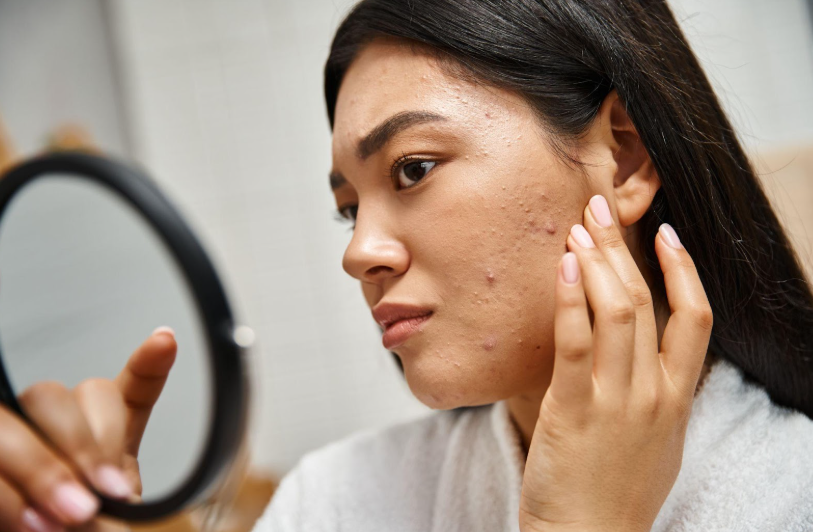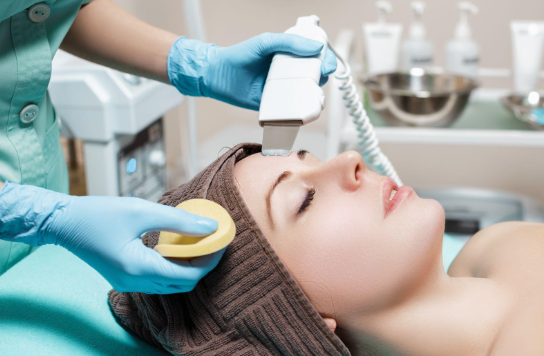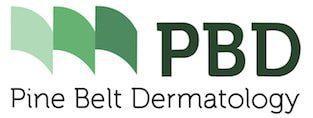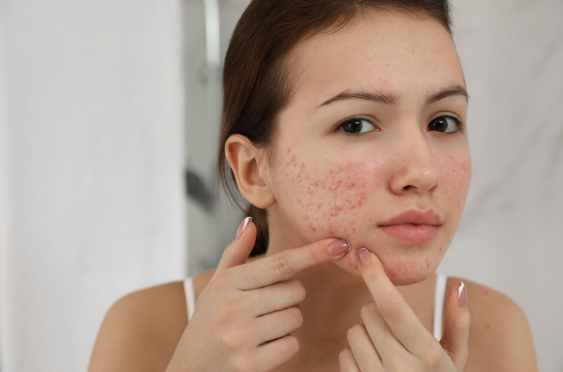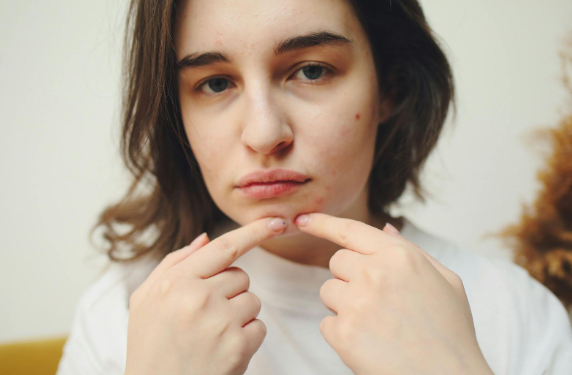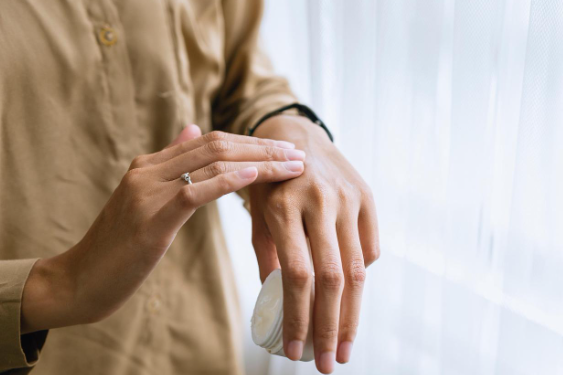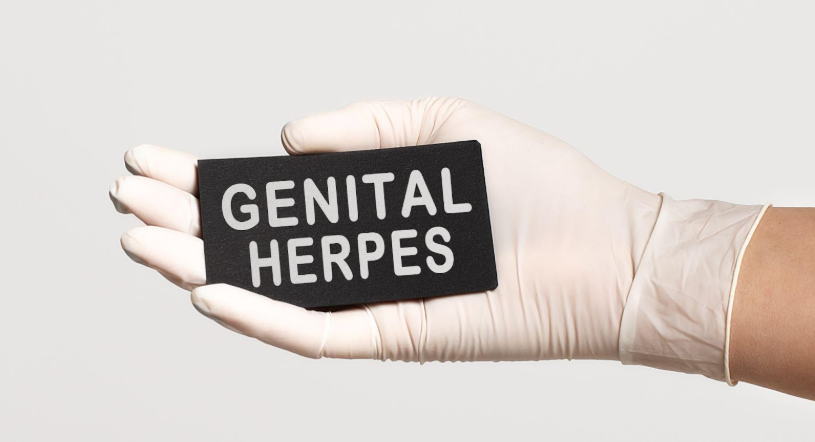Embracing Skin Cancer Screenings with Confidence
Embracing Skin Cancer Screenings with Confidence

Any noticeable changes in the size, shape, color, or borders of existing moles should be a cause for concern. Pay attention to moles that become asymmetrical or irregular.
New Growth or Spotting
The development of new growths, lesions, or spots on the skin, especially if they are dark, have irregular borders, or exhibit uneven coloring, should be examined promptly.
Itching or Tender Skin
Persistent itching, tenderness, or pain in a particular area of the skin may indicate underlying issues. If these symptoms persist, seeking professional evaluation is essential.
Bleeding or Oozing
Skin cancers, particularly melanoma, may bleed or ooze fluid. If you notice any unusual bleeding or discharge from a mole or lesion, it warrants immediate attention.
Changes in Skin Texture
Skin cancer can cause changes in the texture of the skin. Rough or scaly patches that don't resolve with moisturizers may be indicative of a problem.
Wounds That Don't Heal
Skin cancers can sometimes present as non-healing sores or wounds. If you have a sore that persists or doesn't heal, it's best to consult a healthcare professional.
Swelling or Redness Beyond Injury
Unexplained swelling or redness in a specific area of the skin, especially if it occurs without a known injury or cause, should be examined by a healthcare provider.
Note that, while these symptoms can be indicative of skin cancer, they can also be caused by other dermatological conditions. Consulting a dermatologist for a thorough evaluation is the best course of action when any concerning symptoms arise.
Overcoming the Fear of Skin Cancer Screening
Despite the potentially life-saving benefits of skin cancer screening, people frequently avoid scheduling these exams out of fear and hesitation. Here are some common concerns most people have and how you can overcome them.
- Fear of the Unknown
- Many people fear what they don't understand. It's crucial to educate oneself about the screening process, the importance of early detection, and the relatively simple and non-invasive nature of most skin cancer screenings.
- Anxiety about Results
- The fear of receiving bad news can be overwhelming. However, it's essential to remember that early detection significantly improves the chances of successful treatment. Regular screenings are a proactive approach to maintaining skin health.
- Embarrassment
- Some individuals may feel embarrassed or self-conscious during a clinical examination. It's vital to recognize that dermatologists are professionals who perform these screenings routinely, and their primary concern is your well-being.
- Concerns about Cost
- Financial constraints can be a significant barrier to accessing healthcare. Many healthcare providers offer affordable or free skin cancer screenings, especially during awareness campaigns. Inquire about available options and do not let financial concerns deter you from prioritizing your health.
Dispelling Common Myths and Misconceptions
To encourage a more informed approach to skin cancer screening, let’s address common myths and misconceptions that may contribute to fear and hesitation:
Only Sun Lovers Get Skin Cancer
While excessive sun exposure is a significant risk factor, anyone, regardless of skin type or sun exposure, can develop skin cancer. Genetics, family history, and environmental factors also play crucial roles.
Skin Cancer is Not Serious
Skin cancer can be deadly if not detected and treated early. Melanoma, in particular, has the potential to spread to other parts of the body. However, when identified in its early stages, the prognosis for successful treatment is high.
Only Older Individuals Get Skin Cancer
While the risk of skin cancer increases with age, it can affect individuals of all ages, including young adults and even children. Regular screenings are essential for everyone, regardless of age.
I Would Notice if Something was Wrong
Skin cancer can develop without causing noticeable symptoms in its early stages. Regular screenings, including self-exams and professional evaluations, are crucial for detecting abnormalities that may not be immediately apparent.
Tanning Beds are Safer than the Sun
Harmful ultraviolet (UV) radiation from tanning beds raises the risk of skin cancer considerably. Using tanning beds, even occasionally, can have serious consequences for skin health.
The Role of Early Detection
The primary goal of skin cancer screening is early detection, as this dramatically improves treatment outcomes. When detected early, the majority of skin cancers are highly curable.
Regular self-exams are a simple yet powerful tool in the early detection process. Individuals are encouraged to be familiar with their skin and note any changes in moles, freckles, or other skin markings. If abnormalities are observed, seeking
professional evaluation is best.
Routine screenings offer the advantage of establishing a baseline for comparison over time. Changes in the size, shape, color, or texture of moles or lesions can indicate potential issues. By catching these changes early, medical intervention can be swift and effective.
What to Expect During a Clinical Examination
For those unfamiliar with clinical skin examinations, understanding the process can help alleviate concerns. Here's a step-by-step guide to what typically happens during a dermatologist-led screening:
Patient History
The dermatologist will begin by asking about your medical history, including any family history of skin cancer, past sun exposure, and previous skin issues.
Full-Body Examination
You will be asked to undress completely or wear a gown, ensuring that the dermatologist can examine your entire skin surface. This includes areas not typically exposed to the sun, emphasizing the importance of a thorough assessment.
Focused Examination of Moles and Lesions
The dermatologist will closely examine moles, freckles, and other skin lesions using specialized lighting and, in some cases, dermatoscopy. This tool magnifies the skin, allowing for a more detailed assessment.
Biopsy, if Necessary
If the dermatologist identifies any suspicious lesions, they may recommend a biopsy to determine whether the cells are cancerous. Biopsies are typically minor procedures performed in the office.
Discussion and Guidance
The dermatologist will discuss their findings with you, addressing any concerns or questions you may have. They may also provide guidance on sun protection and skin health.
Empowering Individuals through Knowledge
The key to overcoming fear is empowering individuals with knowledge. Understanding the prevalence of skin cancer, the significance of early detection, and the straightforward nature of screenings can motivate people to take charge of their health.
Embracing a Proactive Approach to Skin Health
Skin cancer screenings are not just about finding potential issues; they are about empowerment, early detection, and, ultimately, saving lives. Don't let fear hold you back—be informed, be proactive, and prioritize your skin health. Your well-being is worth it.
Ready to take charge of your skin's health and protect yourself from the dangers of skin cancer? Visit
Pine Belt Dermatology, your trusted partner in skin care.
Our experienced team of dermatologists is dedicated to providing comprehensive screenings, personalized treatment plans, and expert guidance.
Contact us today.
